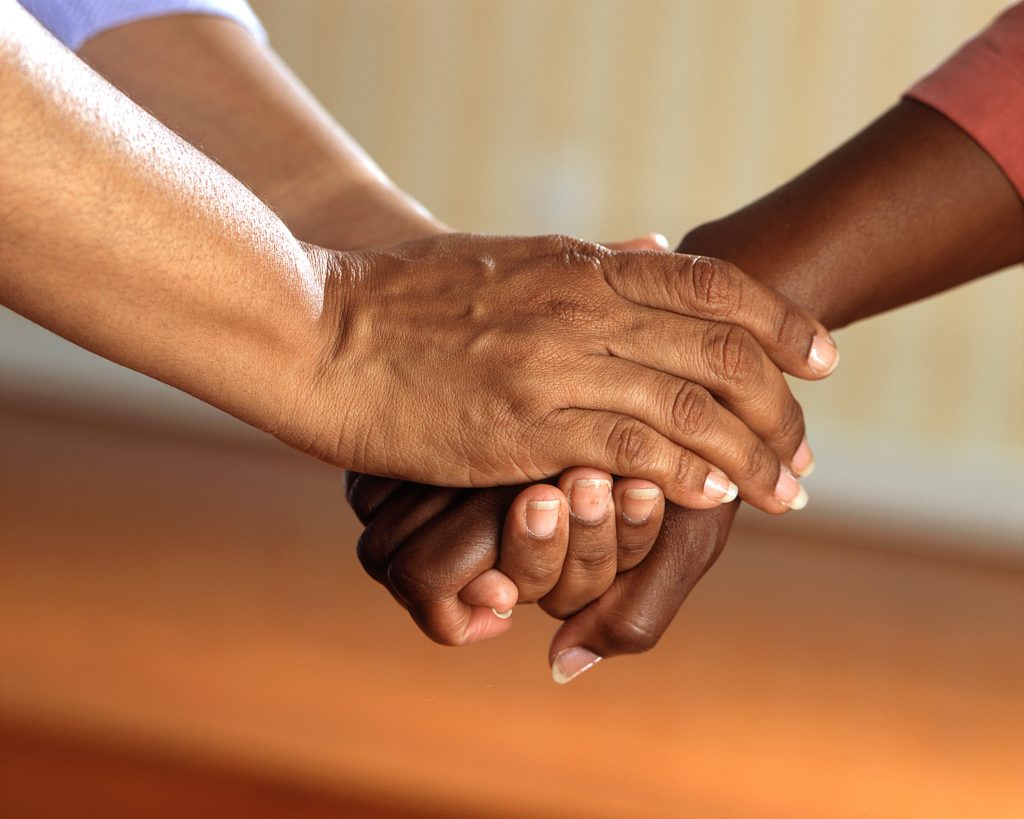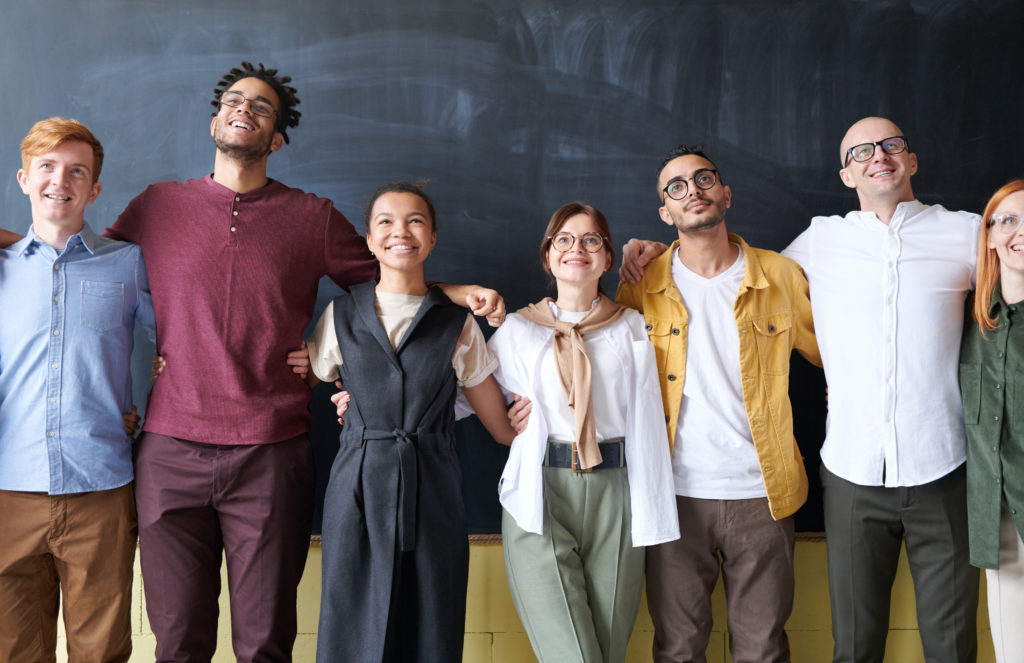On Wednesday, July 15, Ombudsman Amy Hartman and Chaplain Larry Lindstrom dispensed inspiring messages in “Moving Toward Hope.” The presentation, hosted via Zoom, is the latest edition of “Moving Forward Together,” a series presented by Student and Community Engagement.
“If you think about what we have experienced in the last year,” states Lindstrom, alluding to the string of unfortunate events that befell Dayton, such as the Memorial Day tornadoes, the Oregon District Shooting and the pandemic, “It is understandable that we might be hesitant to consider the future.” However, in order to adopt a different, perhaps brighter, perspective, one must take those first steps toward hope.

Hartman and Lindstrom highlight four key points or steps accordingly:
Attack problems, not people
Above all, we must, first, discern our circumstance, and thereon, understand that we only hold so much control. We must direct that control towards the problem. “The dangers [are] we tend to attack the people around us,” said Linstrom.

Be unselfish, patient and forgiving
It is crucial to be unselfish, patient and forgiving. However, like the timeless adage says, “easier said than done,” right? Most certainly. Amy Hartman agrees, stating, “It’s very hard during stressful times to demonstrate these attitudes.” Thus raising the question, “How do we strive to become unselfish, patient and forgiving?”
Foremost, we must respond, rather than react. As Harman encourages, one must “take a step back” before replying and consider any feasible outcome.
To emphasize said point, Hartman quotes an illustration she “saw years ago [that] will stick with [her] forever” stating, “Just as toothpaste cannot be placed back into a tube, so words cannot be taken back once they are spoken or written.”
Secondly, Hartman expresses that we must ask ourselves, “If someone were angry with me, how would I want that person to respond to me.”
“It is always beneficial, as the golden rule says, ‘Do onto others as we want them to do or say to us,’” said Hartman.

Reconcile
If or when we have ever found relationships damaged as the result of being selfish, impatient and unforgiving, “it is important for us to think through, or even better yet, talk through that issue with a trusted friend,” said Hartman.
“Broken relationships cannot be healed overnight,” said Hartman, “All parties will need to take a step to come back together.”

At last, there came a final and memorable point.
We are better together
Humans are, undoubtedly, social creatures. We survive and ultimately thrive through connection. In fact, the Jewish psychologist Abraham Maslow detailed this extensively in his hierarchy of needs. We need to feel acknowledged and accepted, that we belong. Therefore, in the words of Lindstrom, during “times like these when it feels like the foundations of everything can be shaken, the truth is, we need each other.”

Do not hesitate to reach out for help, Hartman and Lindstrom stress. “We want you to remember that, here at Sinclair, we do have a counseling services department,” said Hartman. “My department is here to help you, Larry is here to help you, or your students or your colleagues. We want everyone here at Sinclair to know that there are people here to talk through your pain with you.”

Taylor Pendleton
Managing Editor


